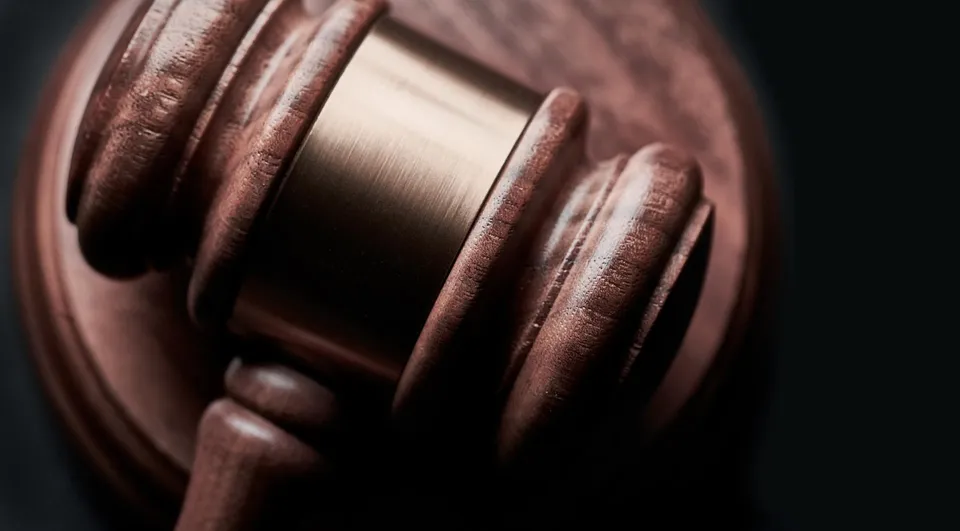What Happens After the Jury Verdict?
- May 19, 2021 @ 11:54 am
- Written by adminrtl
- Categories: Legal Advice | Legal Process

Judgment and Collection
If the judge believes the jury’s verdict was proper, the judge will file a document called the judgment of the court. A verdict in the favor of the injured party is called a plaintiff’s judgment. A plaintiff’s judgment is a legal document stating that the plaintiff is entitled to collect the payment the jury decided was fair. It shows that the defendant got the due process he or she was entitled to receive and that the defendant is legally being asked to give up property to pay the money awarded by the jury.
If the defendant has an insurance policy that covers this judgment, that insurer will usually pay it without intervention from the court. However, if the defendant or his or her insurance company does not pay voluntarily, you may need to ask the court to force the defendant to comply. This process is called post-judgment collection procedures, and includes requests for documents such as a “writ of execution” or a “writ of garnishment.” The purpose of these post-judgment remedies is to seize assets belonging to the defendant so those assets can be sold and the money applied to satisfy the judgment.
If a defendant does not have insurance and does not have assets sufficient to satisfy a judgment, the defendant can file a petition asking that the judgment be discharged. This is done in a bankruptcy court. This is a complicated area of the law and beyond the scope of this book. As a part of the decision to take your personal injury claim through the litigation process, an experienced personal injury lawyer will consider whether a defendant has the ability to pay. This discussion will occur at the beginning of your case. The ability to get paid is always a matter of utmost concern.
The role of an experienced personal injury lawyer is to figure out the end of a case at the beginning, and to work throughout the case to maximize the client’s recovery. That work always includes considering whether you will get paid if a verdict is obtained.
Appeals
If either side believes there was a mistake at trial, it can file an appeal. An appeal is a request to another court, called an appeals court, to reconsider the first court’s ruling. Most people do not realize that an appeal can only be made on the basis of an error in the law. A jury’s decision, as “the judge of the facts,” cannot be overturned on appeal unless the jury’s decision was somehow the result of an error of law. Appellate courts decide matters of law.
There is no jury in the appeal process. The appellate court judges are required to presume the jury’s decisions at trial were correct — as long as the record on appeal contains evidence to support the jury’s verdict. A jury’s decision can be changed by the appellate court only where there are no facts in the record to support the jury’s decision or when the judge who presided over the jury trial allowed the jury to consider facts that should not have been considered, or to incorrectly apply law that was given to the jury. Appellate court decisions are important because they form what is called the common law. The common law is the law of your state, unless a decision of the judicial branch of government is precluded or overturned by a decision of the legislative branch of government.
When the defendant files an appeal, he or she can post a financial bond to stop collection of the judgment. If the appeal fails, that bond will be used to pay the judgment. If you win your case, but the other side appeals, you may have to wait some time before you can collect the compensation you won.
Your lawyer will need to explain this complicated process to you and will counsel you about whether to settle on appeal, given the increased costs, fees and time associated with the complicated appeals process. All of these decisions will turn on the specific facts and law applicable to your case. An experienced personal injury lawyer will explain all of your options and help you make the right decision for you and your family.
It Is the Client’s Case
We find that some potential clients are afraid that a lawyer will make important decisions about their cases, such as what settlement amount is fair or whether to file a lawsuit. This is not true. A personal injury claim belongs, at all times, to the client. The lawyer is hired to gather the facts and the law, and to show the client how the law will likely be applied and how the facts will likely be interpreted. As the owner of the claim, the client has the right to make the final decisions about things like whether to settle.
Experienced personal injury lawyers know litigation is a means to an end, not an end in itself. The end is justice for the injured client — full financial compensation for his or her injuries and the satisfaction of holding wrongdoers responsible for their actions. Litigation is simply the means that must be applied when there is a no voluntary settlement along the way.
An experienced personal injury lawyer will begin with the end in mind — preparing the claim from the outset in such a way that both the lawyer and the client are ready for litigation and trial — if necessary.
